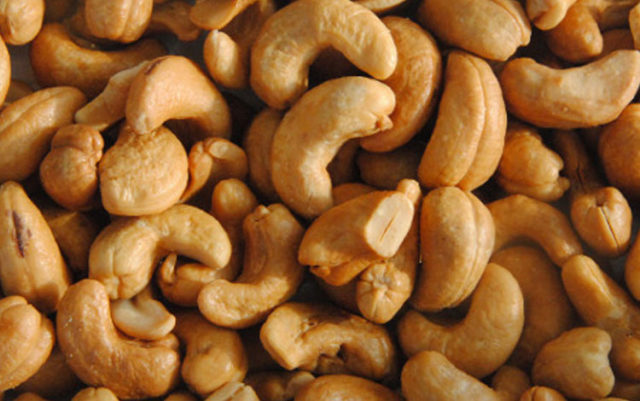
Cashew is a major cash crop in Africa, mainly in West Africa, where a good number of farmers take up the cultivation to support them. The pertinent point is whether this cultivation is helping the farmers, who sell their produces in the raw form to other countries. The raw cashew nut production in Africa is pegged at 1.5m tones, or over 43% of the global supply in 2018. Major cultivators of cashew crops include Côte d’Ivoire, Guinea-Bissau, Nigeria, Benin, Burkina Faso, Ghana, Senegal and Gambia. Côte d’Ivoire alone accounts for nearly half of regional production. Countries in East Africa such as Tanzania, Mozambique and Kenya also produce cashew nuts, but their production is less than that of West Africa.
Cashew cultivation along with processing, local consumption and exports is now pegged at US$ 7 billion and is growing. World Bank considers cashew crop as an important one because of its direct benefit to the farmers, if they get fair price for their produces. There is a growing demand for cashew as a healthy snack and its wide uses in the confectionary sector. In countries like US and Europe, cashew has a growing demand. That has motivated several new players to enter the field in an unprecedented manner. For instance, in the first quarter of this calendar year, Vietnamese conglomerate T&T Group JSC signed a deal to buy cashew nuts from Côte d’Ivoire. The Vietnamese firm also will build a processing plant in Africa, as the part of the deal.
Some of the statistics on the industry is revealing. Most of the local production -close to 90%- in Africa is exported in unprocessed form. According to World Bank estimates Vietnam bought around 53% of the world’s raw cashew nuts last year. India imported 45% of Africa’s cashew production last year. The processed cashew from these stations is mainly exported to US and EU. In the bargain, Africa lost close to US$ 200million. Had the processing plants were set up in Africa, this loss could have been avoided.
Happily, there is a new interest in investing in Africa in the cashew processing sector. International processors like Singapore’s Olam International, European snack company Intersnack, Brazilian group Usibras, and Singapore’s international commodity trader Valency International etc are now entering the processing business in Africa. A sprinkling of local processors also have sprung up including Tolaro Global (Benin), Mim Cashew (Ghana), Anatrans (Burkina Faso), Cajou Espoir (Togo), FoodPro (Nigeria), and Cajou des Savanes (Côte d’Ivoire).
There are glitches all around. The first handicap is that the processing plants in Africa manual processes such as shelling, peeling, sorting and packaging are resorted to, which is not hygienic and the export of such processed cashew will be rejected in the international markets because of quality and hygiene considerations. The grounds on which rejections are taking place are contamination, higher moisture content and poor post-harvest management.
Can Africa invest in mechanization, which entails heavy investment? The high cost of mechanization and specialized labor is a challenge for African processors in general and West Africans in particular. Investment in mechanized processing has held India and Vietnam to the top of the industry. Can African processors follow suit? Only time can tell that.
New efforts are required to improve the productivity of farmers in West Africa. Large buyers including Olam, Intersnack, Walmart, Red River Foods and Usibras are training farmers to improve sustainable agricultural practices, distribute higher yielding seedlings, and improve market access, traceability and quality.











